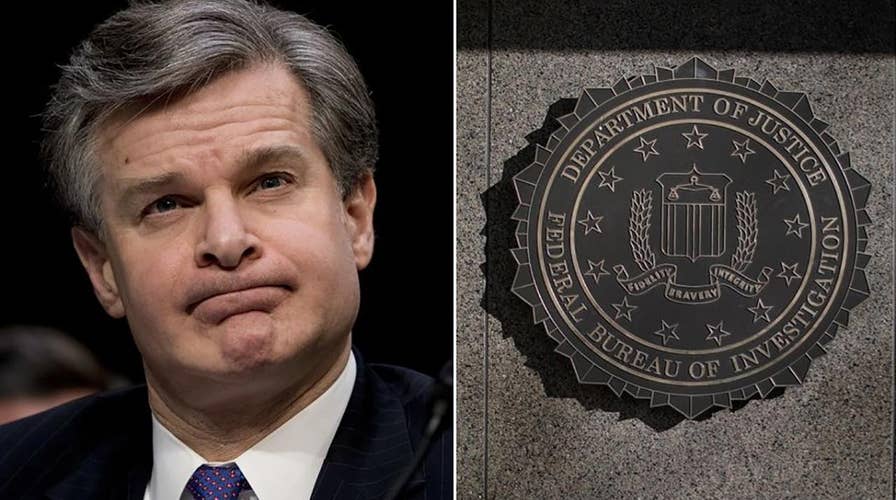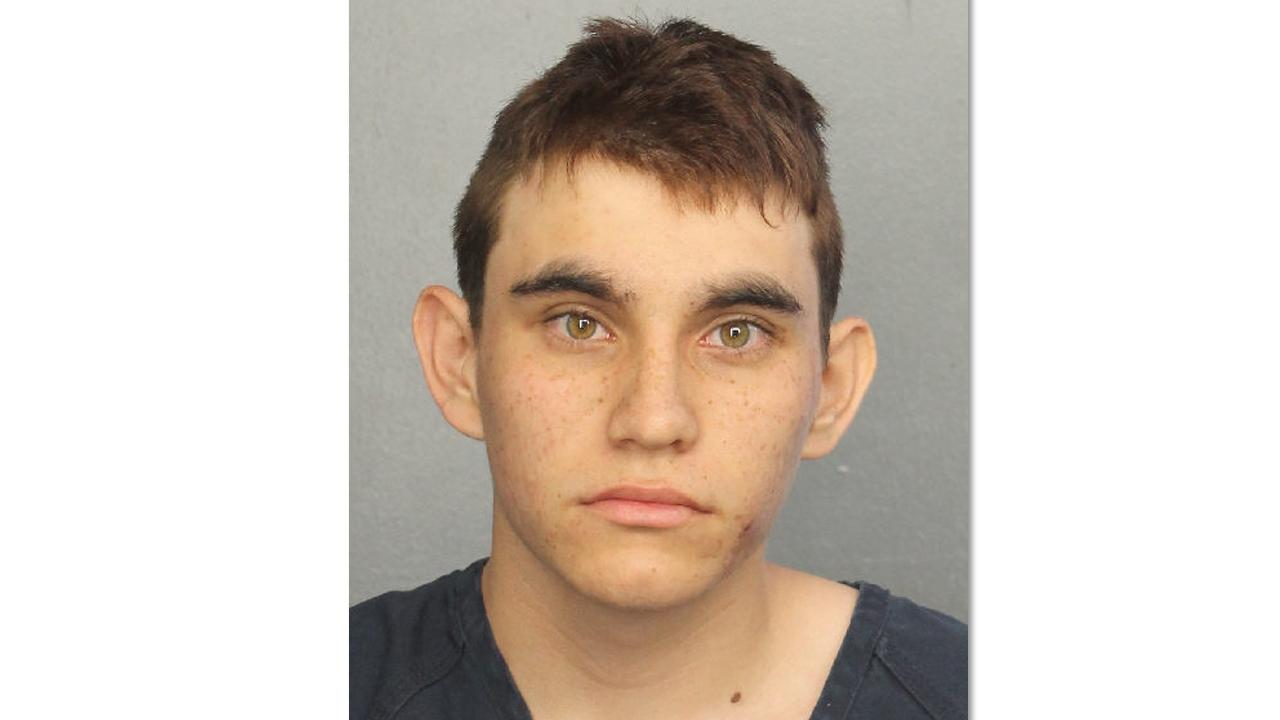FBI under pressure over failure to act on school shooter tip
Steve Pomerantz, former FBI assistant director, says people need to be held accountable for failing to follow up on warnings about suspected Parkland school shooter Nikolas Cruz.
Wasn’t there something eerily and disgracefully familiar about the news that the FBI had a highly specific warning about the murderous intentions of Nikolas Cruz, the gunman who has confessed to shooting and killing 14 students and three adults at a Florida high school Wednesday?
Doesn’t it remind you of the way that after nearly every single one of the Islamist terror attacks of the last few years – whether in America, in Britain or elsewhere – a devastating phrase soon emerges? The attacker was “known to the authorities.”
Just take the case of the 2013 Boston Marathon bombers. We learned soon afterwards that the Russian authorities handed the FBI a file on one of them, Tamerlan Tsarnaev, in 2011 detailing his links to radical Islam.
In congressional testimony, the then-director of the FBI – yes, it was our old friend Robert Mueller – also admitted that Tsarnaev had come to the attention of the FBI on two previous occasions. Worse, the FBI received two tips in 2012 regarding Tsarnaev’s links to extremists connected to a Boston mosque.
Despite all these specific warnings to the FBI, Tsarnaev and his brother went on to mount their vile attack. Three people died and hundreds were injured, including 16 who lost limbs.
The Fort Hood attacker, Army Maj. Nidal Hassan, was known to the FBI before he shot and killed 13 people and injured 30 others in 2009. The Pulse nightclub killer, Omar Mateen, who shot and killed 49 people and wounded 58 others in 2016, had been investigated by the FBI months before.
And now this: last September, the FBI received a tip about someone called “Nikolas Cruz” who was boasting online about his plans to become a “professional school shooter.” In January, there was an even more specific warning.
It’s worth reading the FBI’s statement in full:
“On January 5, 2018, a person close to Nikolas Cruz contacted the FBI’s Public Access Line (PAL) tipline to report concerns about him. The caller provided information about Cruz’s gun ownership, desire to kill people, erratic behavior, and disturbing social media posts, as well as the potential of him conducting a school shooting. Under established protocols, the information provided by the caller should have been assessed as a potential threat to life.
“The information then should have been forwarded to the FBI Miami Field Office, where appropriate investigative steps would have been taken. We have determined that these protocols were not followed for the information received by the PAL on January 5. The information was not provided to the Miami Field Office, and no further investigation was conducted at that time.”
And then the unforgivably pathetic response from FBI Special Agent Robert Lasky, that he and his colleagues “truly regret any additional pain this has caused.”
Regret? Regret? Is that the best they can do? Seventeen people are dead because of the FBI’s bungling and incompetence. The FBI looks like the Federal Bureau of Incompetence in this instance.
Of course, we should at this point add our ritual acknowledgment that the agents of the FBI are brave men and women who work hard and put themselves in danger to keep us safe. Yes, that’s true. But it’s also getting a bit tired, isn’t it?
We have to acknowledge the truth: the FBI, like so many other parts of the federal bureaucracy, is a bloated mess that seems impervious to any kind of public accountability. The leadership of the FBI seems too busy pursuing political vendettas to do its own job properly or put its own house in order.
Sen. Marco Rubio, R-Fla., described the FBI's incompetence as "inexcusable." Florida Gov. Rick Scott called for FBI Director Christopher Wray to resign. Many Americans will agree wholeheartedly.
But this problem goes deeper than one agency – in fact, it goes to the current and vital argument about the Deep State. There is no doubt that we have a permanent bureaucracy in the U.S. government that exists primarily to pursue its own agenda, regardless of who the people elect. The FBI is unquestionably part of it.
One of the characteristics of the permanent bureaucracy is to seek to always increase its own size and power. So in the wake of incidents like Wednesday’s shooting at Marjory Stoneman Douglas High School in Parkland, Florida, we inevitably get the calls for “more resources,” “more powers” and “new laws.”
These calls would be more persuasive if the FBI and other parts of the federal bureaucracy were better stewards of the resources they already have and actually used the powers they already have.
The call for new laws – instead of more competent application of the laws we already have – is precisely how we end up with a bloated bureaucracy that pursues its own agenda but fails to do its basic job.
We will be debating all this and more on “The Next Revolution” this Sunday at 9 p.m. on Fox News Channel. Hope you can join us!






















